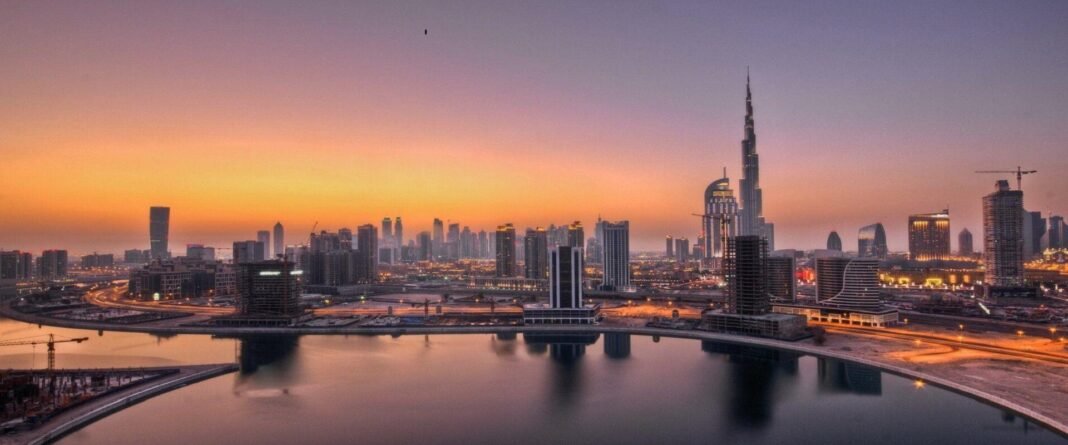The UAE real estate market is expected to grow strongly in 2025, according to experts at JLL’s Navigating Tomorrow’s Real Estate event in Dubai. The country’s economic prospects look promising, with its GDP set to grow by up to 6% by 2026. Additionally, Saudi Arabia and Egypt are also anticipated to experience robust growth, with GDPs of 5.1% and 4.8%, respectively. These projections suggest that the UAE remains an attractive destination for real estate investment.
Several factors are fueling this growth. Rapid economic diversification is one of the major contributors. In addition, the UAE has been investing heavily in transformative infrastructure projects. These initiatives are paving the way for a more connected and dynamic economy. Moreover, urbanization and shifting demographics in the region are creating new opportunities in the real estate sector.
James Allan, CEO of JLL Middle East and Africa, noted that the UAE’s government-led investments in infrastructure and digital transformation are key to its long-term success. These developments are helping to create sustainable value in the real estate market. Despite global economic challenges, the UAE remains resilient and continues to attract global capital.
The demand for prime real estate continues to exceed supply, especially in key markets like Dubai. However, analysts predict that increased private sector participation and the completion of upcoming projects could ease supply constraints in the medium term. The growing trend of integrating alternative assets, such as data centers and logistics spaces, into real estate developments is also contributing to market dynamics.
Construction costs in the UAE are expected to rise in 2025, with an estimated increase of 3%. However, despite rising costs, the overall real estate market remains strong. With the country’s focus on expansion and development, the real estate sector continues to present significant investment opportunities.
AI-driven technologies are also poised to transform the industry. JLL experts predict that up to 70% of commercial real estate activities could be automated in the coming years. This shift is expected to impact areas like project design, construction, sustainability, and facility management.
The UAE’s growing emphasis on sustainability and ESG (Environmental, Social, and Governance) factors is helping to shape the future of real estate. More companies are prioritizing health and well-being when choosing office spaces, which will drive demand for buildings with strong ESG credentials.
The data center market in the UAE is growing rapidly. With the rise of 5G networks and AI technologies, the sector is expected to reach $9.61 billion by 2029. The government’s initiatives, such as Vision 2030, are also providing a boost to the industry, especially with incentives like tax breaks and the establishment of free zones.
In conclusion, the UAE’s real estate market is positioned for strong growth in the coming years. Government-led initiatives, infrastructure investments, and the growing integration of technology will continue to drive this momentum.





